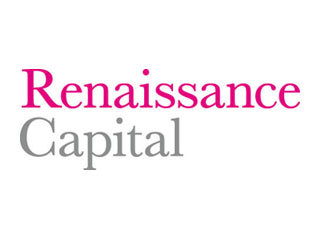Renaissance Capital recently released their report based on their coverage of Kenyan Banks. The report states that Kenya’s economic growth is estimated to be at 5.6% in 2019 and 5.8% in 2020.
It attributes Kenya’s slow growth to low agricultural productivity. However, the company is optimistic that industry and services will remain robust through 2020.
Inflation was flat at 5%-5.5% over the past 12 months and according to the Central Bank’s Monetary Policy Committee the inflation rate is expected to stay within the desired target of 2.5%-7% in the near future.
The report states that the introduction of the interest caps in Kenya, negatively affected the banking system.
This is evident in the banking system growth ratios as they all fell back; asset growth averaged 8% in 2015-2018, deposit growth had an average of 9% while credit growth averaged 7%.
According to the report, the banking system may receive positive results as the scrapping of the interest cap rates is anticipated.
The removal of the interest rate caps should enable banks to improve the system’s liquidity and reduce non-performing loans ratios. In the report, the banks that suffered the most because of the interest rate cap law were Equity Bank, Cooperative Bank and KCB.
Despite the number of challenges the banking sector has been facing, one success stands out, and that is the digital innovation by banks.
Kenya is the leading first principle-thinking market in East Africa and the rest of Africa. This is clearly seen in mobile and agency banking.
KCB, mobile and agency banking contributed to 12% and 25% revenue respectively in the first half of 2019. 97% of Equity Bank transactions happened outside their branch network.
Similarly, Cooperative Bank agent and mobile banking generated 9% and 20% revenue respectively in the first-half of 2019.
Related;
In this article




